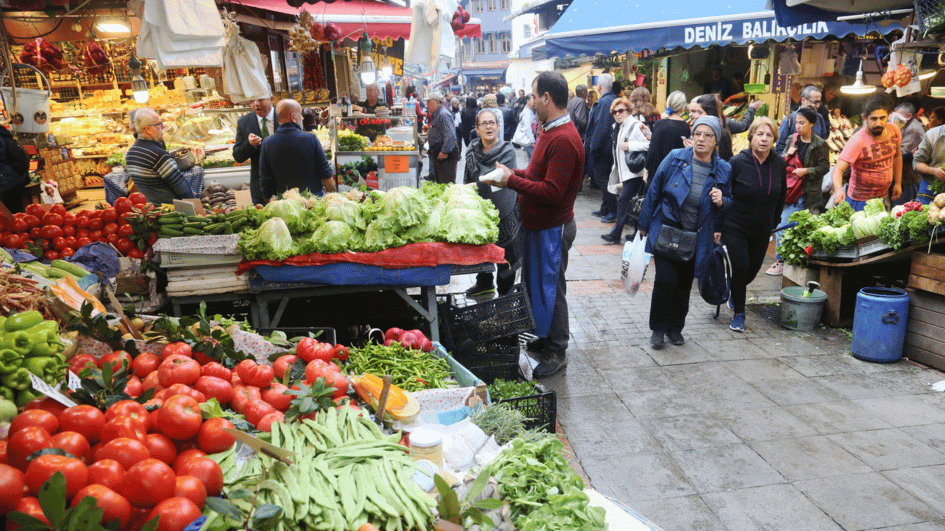Terrorism is a common threat in the world
The world has suffered sufficiently from terrorism. Common description, determined collaboration and concerted global efforts are needed to make the world a safer place.
Years ago, I was invited to participate in a conference on a debate on international terrorism. My extensive research at the time showed that there were over 90 different descriptions of terrorism. Years later, unfortunately, despite repeated calls to find a common description, as well as a common position on terrorism, we may perhaps say now there are more than 100 different ones, and many of them are contradicting the descriptions of terrorism. The international society that failed so far to produce a “liberal” understanding on most of the differences between nations and countries, faith groups and businesses somehow has been rather liberal in both describing and fighting terrorism. Sheer hypocrisy? Surely it is.
It is difficult to convince Turkey’s political Islamists that there might be Islamist terrorism, but put aside present-day ISIL and such terrorists, three of the first four caliphs were blatantly murdered by terrorists who believed they were “better Muslims.” Of course, Islam is not a religion advocating terrorism. On the contrary, it calls for peace. The same is no different for other religions, but all throughout the ages there have been people who claimed they were better religious people than others. The politicization of religions naturally produced religious terrorism, or terrorists have learned how to exploit religion to achieve their goals. We may continue saying there can be no Christian, Jewish and Islamic terrorism and try to comfort ourselves, but problems cannot be resolved by burying our heads in sand like ostriches.
I could not read anywhere in the Western media – I hope I am wrong – describing the terrorists who indiscriminately killed at least 50 people and seriously wounded more than 30 in a spree of attacks on mosques in New Zealand last week. It is of course easy to describe attackers as mentally disabled or brand acts of terrorism as “exceptional cases” rather than realizing that every such attack at the same time triggers the next similar craziness or, worse, a revanchist craziness.
Can it be the product of naivety to fail to understand the religious motive behind such heinous acts? Or is refusing to see what a grave threat we are all faced with is indeed a premeditated act of foolishness? Can there be any difference if someone, for the sake of promoting his perverted Islamist, Christian, or ethno-cultural obsessions, commits an act of terrorism in Lisbon, Tel Aviv, Ankara or Christchurch? What slogans were written on the weapon of the assailants cannot make any difference other than demonstrating the degree of hatred that produced the bloodbath.
Be it in Christchurch or elsewhere, terrorism is terrorism. If some terrorists are treated as “lesser terrorists” or, worse, “operational allies” against some other terrorists, as many nations are doing nowadays in Syria, which is putting decades-old allied relations at risk, no one can say there is hope for a joint global campaign against terrorism in the future.
The threat, however, is directed at all of us irrespective of which religion we subscribe to, or what our ethnic, linguistic or cultural background is. However, we might want to describe what happened in Christchurch as an act of Christian terrorism staged by some people still obsessed with the Crusaders mentality, like those Islamists murdering people in the name of Islam because they are obsessed with jihadism.
Today, we are mourning the victims of the New Zealand attack. Just a few days ago, we were commemorating the victims of the March 13, 2016 Ankara attack. Tomorrow, unfortunately we will be shedding tears for some other victims of terrorism…











